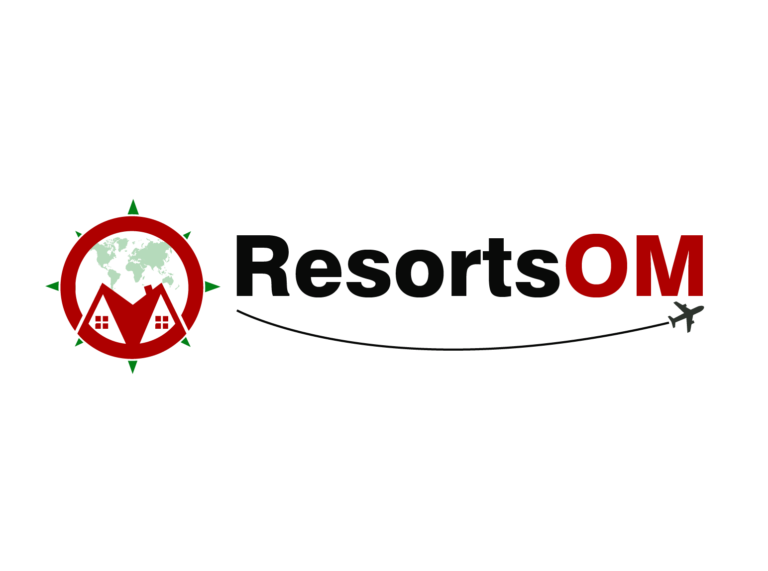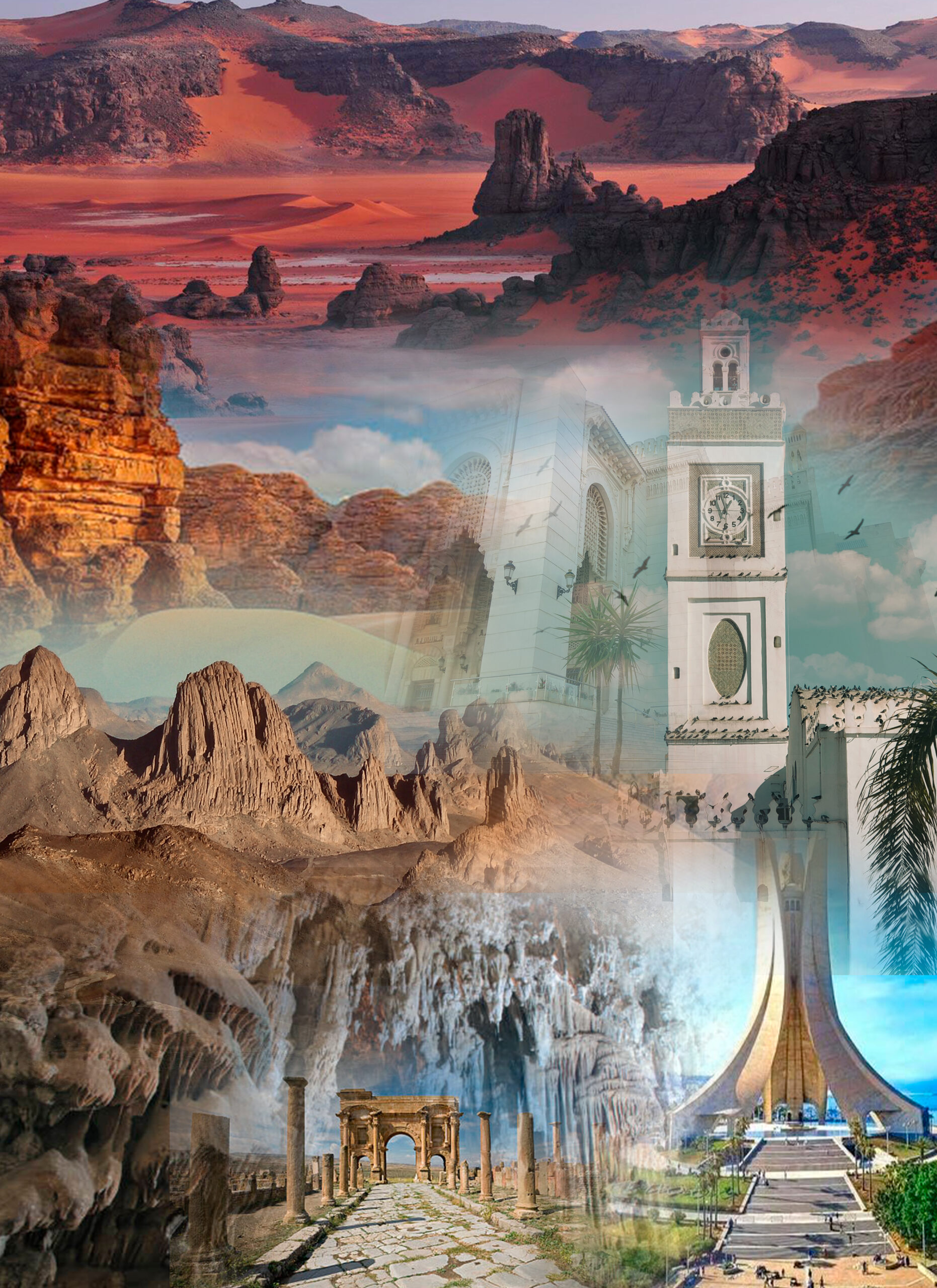Historical Significance:
Windhoek, the capital city of Namibia, holds a profound historical significance that reveals the country’s fascinating past. Originally inhabited by the indigenous Herero and Nama communities, the city witnessed the arrival of German colonizers in the late 19th century. This colonial influence is evident in the architecture and cultural elements found throughout Windhoek. Exploring the city allows visitors to delve into its history, from the struggles of colonization to the fight for independence, and to appreciate the resilience and cultural diversity of Namibia.
Architecture & Natural Splendors:
Windhoek’s architecture is a captivating blend of colonial, German, and modern influences. The city showcases a mix of historic buildings with their characteristic German architectural styles, such as the Christuskirche and Alte Feste. The Independence Avenue, with its vibrant atmosphere and diverse architectural styles, offers a glimpse into Windhoek’s transformation over the years. In addition to its architectural allure, Windhoek is blessed with natural splendors, including the nearby Auas and Eros Mountains that provide breathtaking vistas and opportunities for outdoor adventures.
Art & Cultural Delights:
Windhoek is a cultural hub that celebrates the artistic expressions and rich traditions of Namibia. The city is home to numerous art galleries and cultural centers, where visitors can immerse themselves in a diverse range of artworks, including traditional and contemporary pieces. The National Art Gallery of Namibia showcases the works of local artists and hosts exhibitions that explore the country’s cultural heritage. Windhoek also boasts a vibrant music scene, with live performances and festivals that highlight Namibian rhythms and melodies, offering a captivating immersion into the country’s artistic tapestry.
Spirits & Gastronomy:
Windhoek tantalizes the senses with its spirits and gastronomic delights. The city is known for its locally brewed beer, particularly the famous Windhoek Lager, which has gained international recognition for its quality and distinct flavor. Visitors can indulge in a refreshing pint while immersing themselves in the lively atmosphere of the city’s pubs and beer gardens. When it comes to gastronomy, Windhoek offers a fusion of flavors that combine traditional Namibian dishes with international influences. From game meats to hearty stews and delectable desserts, the city’s culinary scene caters to a range of palates.
Events & Activities:
Windhoek is a city that never ceases to captivate with its vibrant events and activities. The city hosts a variety of cultural festivals throughout the year that showcase Namibian music, dance, and art. The Windhoek Jazz Festival, for instance, draws both local and international jazz enthusiasts, while the Windhoek Karneval celebrates the German influence on Namibian culture with colorful parades and festivities. The city’s craft markets offer opportunities to explore local craftsmanship and purchase unique souvenirs. For outdoor enthusiasts, Windhoek’s surrounding areas provide ample opportunities for hiking, wildlife safaris, and exploring the picturesque landscapes of Namibia.
In conclusion, Windhoek, the capital city of Namibia, offers a captivating journey through history, architectural wonders, artistic expressions, gastronomic delights, and a vibrant calendar of events. From its colonial-era buildings to its natural splendors, the city provides a glimpse into Namibia’s fascinating heritage. Whether it’s exploring the diverse architectural styles, immersing in the local art scene, savoring authentic cuisine, or participating in cultural festivals and outdoor adventures, Windhoek promises an enriching experience that showcases the vibrant spirit and cultural diversity of Namibia.


